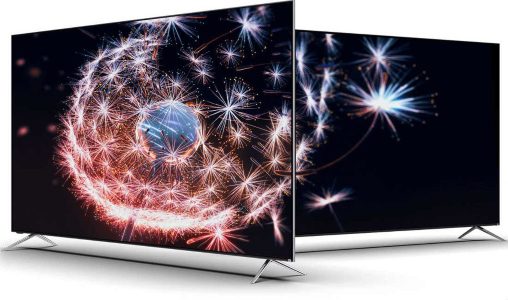VIZIO, as part of a class action lawsuit in California, has agreed to pay $3 million to settle allegations of false and misleading advertisements of TV refresh rates in TVs sold since April 30, 2014.
According to documents, the settlement resolves a class-action lawsuit that alleged VIZIO advertisement of its TVs having “120Hz Effective Refresh Rate” or “240Hz Effective Refresh Rate” was false and misleading. VIZIO, however, is continuing to deny the allegations and contends that it properly labeled the TVs with the correct specifications.
VIZIO is resolving the lawsuit by agreeing to stop the advertising practices, providing enhanced services and a limited one-year warranty to all settlement class members, and pay $3 million, which comes to up to $50 per valid claim.
Specifically, VIZIO has agreed to refrain from advertising televisions has having an “effective refresh rate” measured in hertz. The company does not have to recall or modify labeling for TVs that were already sold or distributed to a third party, according to documents.
The lawsuit was first filed in April 2018, alleging that the company’s representations that its LCD TVs had a “120Hz Effective Refresh Rate” or “240Hz Effective Refresh Rate” was illegal in California.
The settlement covers only VIZIO TVs that were sold in California since April 30.
In the original complaint, plaintiffs alleged that VIZIO marketed its TVs as using a higher refresh rate to influence consumer purchases and remain competitive in the LCD TV market.
In fact, plaintiffs say the refresh rates for VIZIO TVs are half of what the company claims in order to sell lower-quality televisions at a higher price. TV manufacturers often increase the refresh rate so TVs can display more images per second and reduce or eliminate motion blurring. However, that technology is expensive, and such TVs demand a premium price, according to the complaint.
In short, the complaint alleges that VIZIO charges more for its TVs than it should by incorrectly advertising TVs as having a higher refresh rate.







